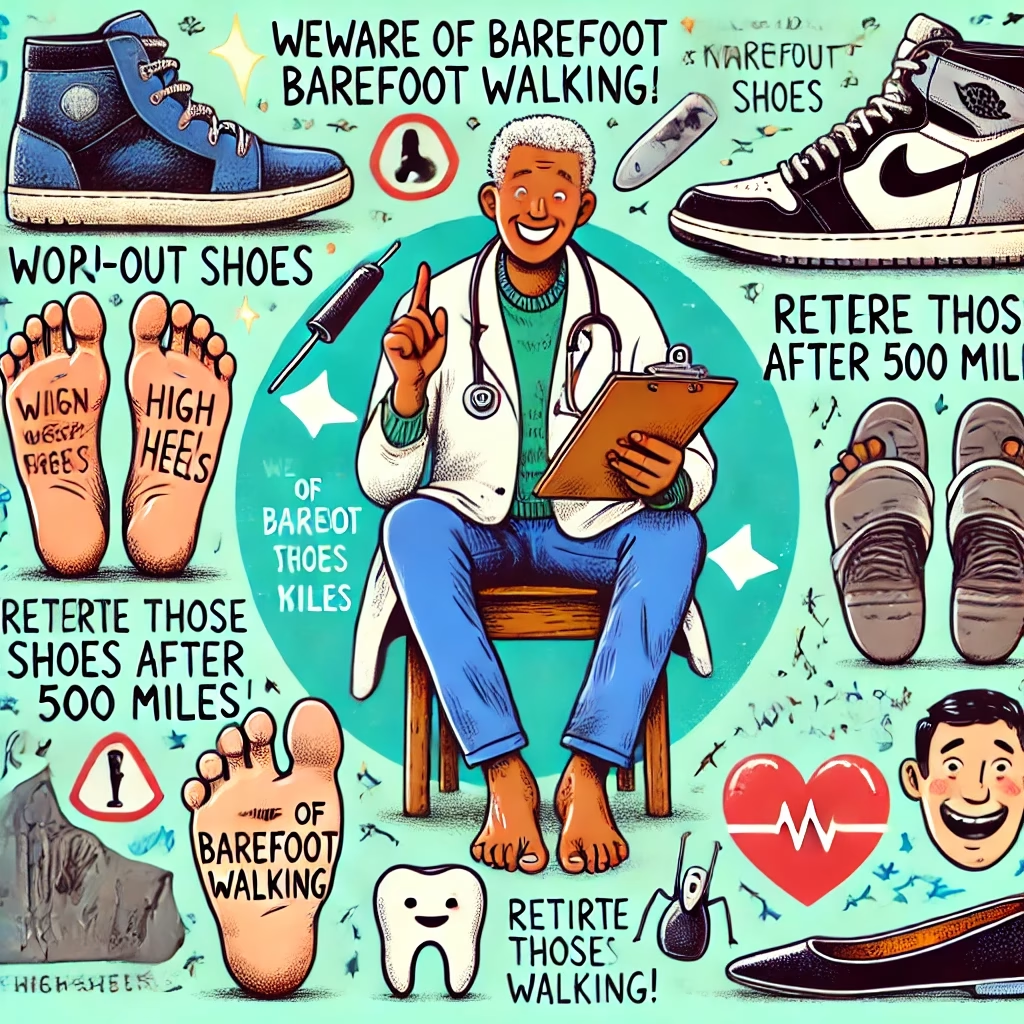Now I don’t claim to be a saint or wise, but I’ve been around long enough to know this: blaming other folks for your troubles is about as useful as a screen door on a submarine.
You can holler about the weather, the government, your boss, your ex, or your favorite politician punching bag but none of it’s gonna fix your situation. The longer you stew in excuses, the more your life starts to smell like it.
Responsibility, on the other hand, is a peculiar thing. It don’t taste good going down, but it does wonders for your spine. Once you start taking ownership of your life—mistakes and all—you’d be surprised how fast the scenery starts to change.
Folks spend half their lives waiting for luck and the other half blaming bad luck. But here’s the truth, plain and ugly: your life won’t change until you do. Excuses are just bedtime stories we tell ourselves to sleep through the alarm clock of reality.
If you’re tired of the reruns in your life, try taking the wheel instead of sitting in the back seat throwing popcorn at the driver. Own your mess. Learn from it. And then get up and mop the floor.
You’ve got one life. Either you spend it making things happen, or you spend it explaining why you didn’t. Choose wisely—and don’t say nobody warned you.
SO, blaming others or circumstances won’t change your situation. Own your mistakes, learn from them, and take charge of your life. The sooner you accept full responsibility, the sooner you gain full control.
Let’s do something about it. Let’s study the cause and break the cycle.
The Cost of Excuses
We’ve all done it. We’ve blamed the traffic for being late, our boss for not seeing our potential, or our childhood for the bad decisions we’re making now. It’s natural. Making excuses helps us protect our ego. But over time, those little justifications start to cost us—big time.
Excuses keep us stagnant. They rob us of power. Worst of all, they delay the very growth and success we claim to want.
The truth? Excuses are easy. Progress isn’t. But progress begins the moment we stop pointing fingers and start pointing at the mirror.
Why We Make Excuses
Understanding the “why” can help us overcome it.
- Fear of failure: If it’s someone else’s fault, then we’re not truly failing—we’re just victims of circumstance.
- Fear of judgment: Admitting our mistakes might make others think less of us.
- Avoidance of discomfort: Growth is hard. It’s easier to stay in a comfort zone—even a miserable one.
Excuses offer a temporary relief, but they come at the long-term expense of freedom and growth.
The Power of Personal Responsibility
Taking responsibility doesn’t mean blaming yourself for everything—it means recognizing that you are the only one who can change your life.
When you own your situation:
- You stop waiting for someone to rescue you.
- You start focusing on what you can do instead of what others didn’t.
- You develop self-respect—and others respect you more, too.
The moment you say, “This is on me”, is the moment you start taking your power back.
Excuses vs. Accountability: A Shift in Mindset
Let’s look at the difference:
| Excuses | Accountability |
|---|---|
| “I didn’t have time.” | “I didn’t make this a priority.” |
| “They didn’t support me.” | “I didn’t communicate clearly or ask for help.” |
| “That’s just how I am.” | “I can change if I’m willing to put in the work.” |
It’s not about guilt—it’s about growth.
The Ripple Effect of Ownership
When you consistently take ownership, the effects are far-reaching:
- Better relationships: You communicate more clearly and stop the blame game.
- More confidence: You trust yourself to handle what life throws at you.
- Faster progress: You stop spinning your wheels and start moving forward.
One change—owning your part—can lead to many breakthroughs.
Daily Habits That Build Responsibility
Here are practical ways to strengthen your sense of accountability:
- Start your day with intention
Ask: What am I responsible for today? - Catch excuses in real-time
Notice your self-talk. Replace “I can’t” with “I won’t” or “I didn’t.” - Ask yourself hard questions
- What role did I play in this?
- What could I have done differently?
- Apologize without qualifiers
Say, “I messed up, and here’s how I’ll fix it” instead of “I’m sorry, but…” - Set micro-goals and follow through
Even small wins build the muscle of responsibility.
A 7-Day Challenge to Take Charge
Want to jump-start your shift? Try this:
- Day 1: Write down one excuse you use often. Replace it with a truthful statement.
- Day 2: Take full responsibility for something you’re avoiding.
- Day 3: Ask someone close to you how you can be more accountable.
- Day 4: Finish something you started but left incomplete.
- Day 5: Take one brave action without blaming or waiting.
- Day 6: Reflect on a recent failure and list what you learned.
- Day 7: Plan your next week with ownership in mind—what will you make happen?
Final Thoughts: No More Excuses
Excuses may protect your ego in the short term, but they sabotage your potential in the long run. Real change begins when you stop running from responsibility and start running toward it.
Remember: You are not a victim of your circumstances. You are the architect of your future.
So the next time you’re tempted to point fingers, pause. Breathe.
And ask yourself: What part of this can I own?
Because once you own it, you can change it.
© 2025 insearchofyourpassions.com - Some Rights Reserve - This website and its content are the property of YNOT. This work is licensed under a Creative Commons Attribution 4.0 International License. You are free to share and adapt the material for any purpose, even commercially, as long as you give appropriate credit, provide a link to the license, and indicate if changes were made.








